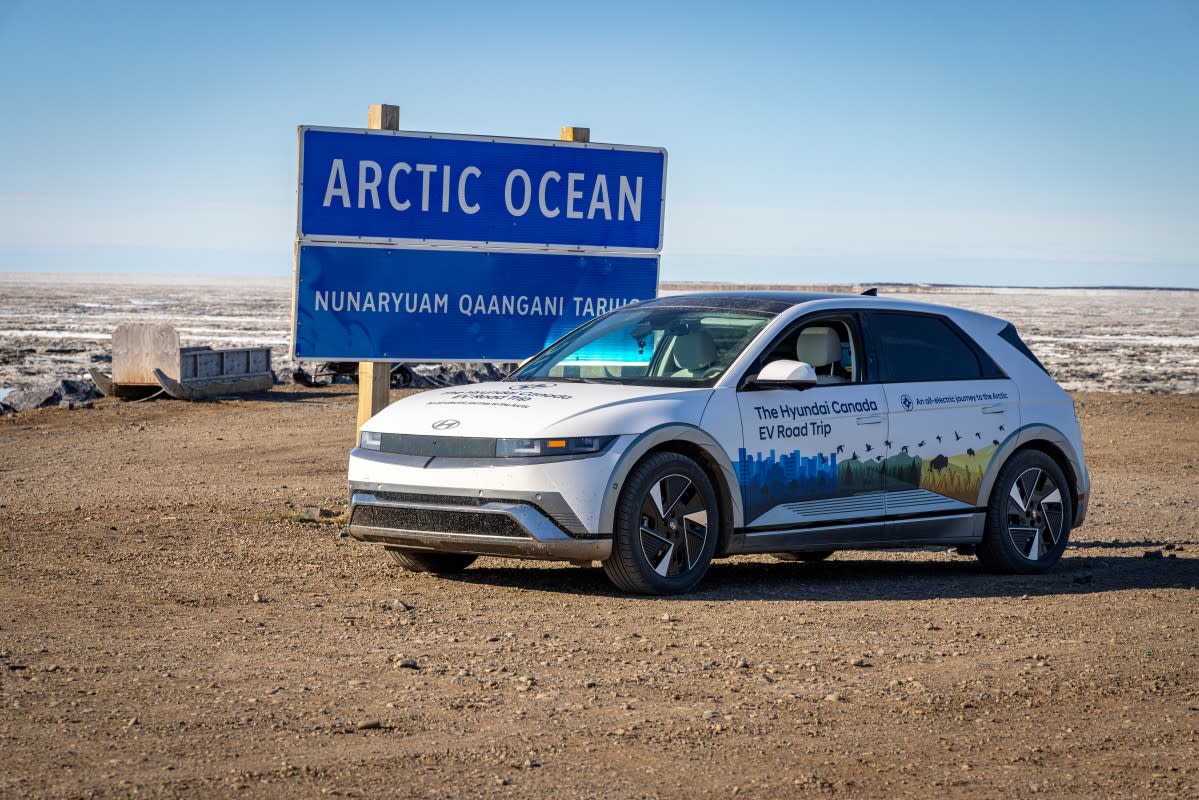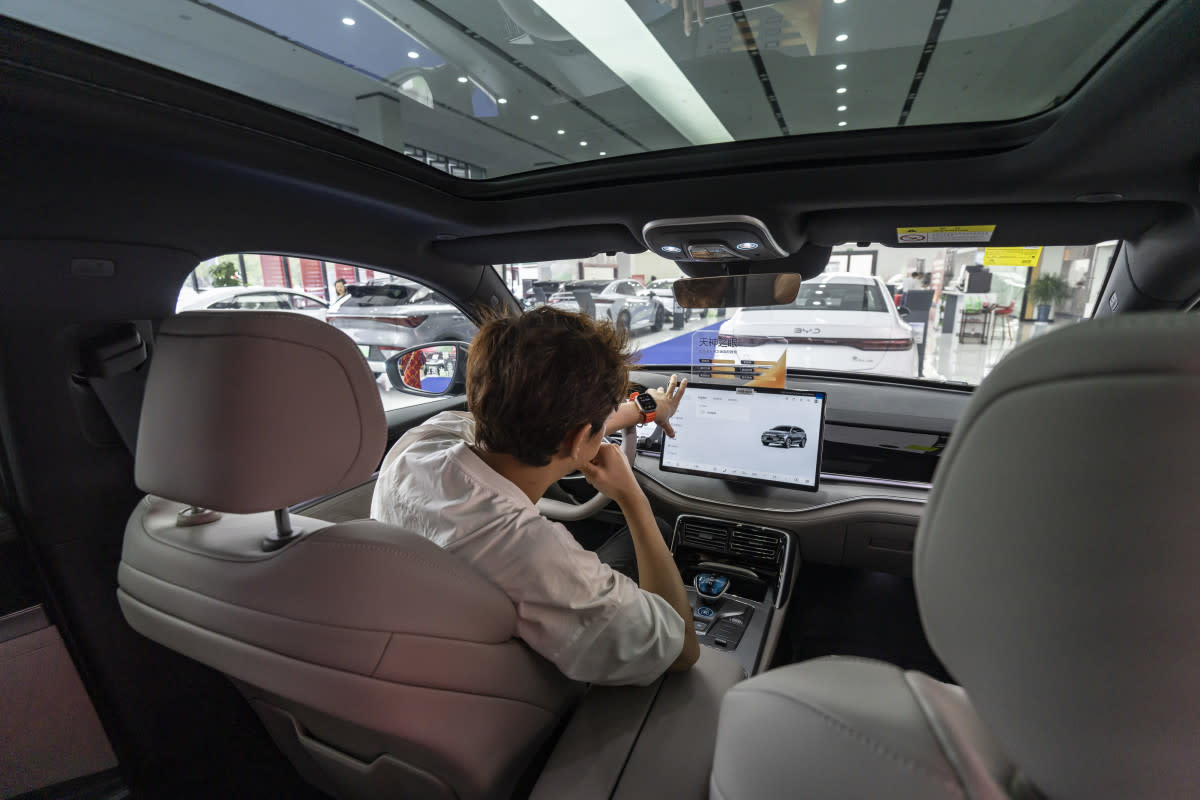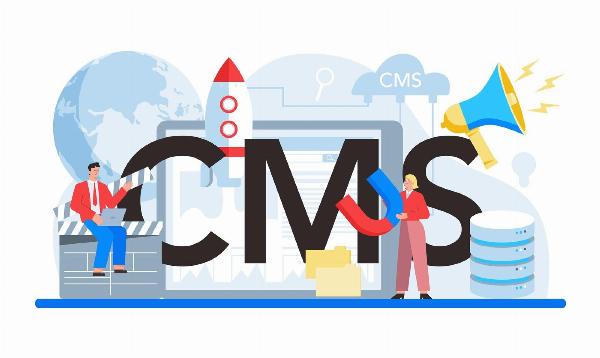AI-Driven Transformation: Amazon CEO Warns of Workforce Reductions Amidst Generative AI Adoption
In a recent memo posted to the Amazon website, CEO Andy Jassy has revealed that the company's adoption of generative AI is expected to lead to a reduction in the workforce in the coming years. While the exact extent of the job cuts and the sectors that will be affected are still unclear, Jassy's comments align with a growing trend among business leaders who are predicting significant changes in the workforce due to advancements in AI.
Amazon currently employs around 1.5 million workers and has announced plans to spend $100 billion on capital expenditures, mostly driven by AI investments and data centers. This suggests that the company is heavily investing in AI technology to streamline its operations and enhance productivity. Jassy's message to employees is clear: embrace the change and become conversant in AI. He encourages workers to be curious about AI, educate themselves, attend workshops and trainings, and participate in brainstorming sessions to figure out how to use AI to innovate for customers more quickly and efficiently.
While an Amazon spokesperson declined to comment further on Jassy's remarks, his message is a stark reminder of the potential impact of generative AI on the workforce. As AI continues to advance, it is likely that more businesses will face similar challenges and need to adapt their workforces to stay competitive.
Similar sentiments have been expressed by other industry leaders. Allison Kirkby, CEO of British telecom giant BT, has warned that AI may lead to further job cuts at the firm after announcing plans to eliminate as many as 55,000 roles by 2030. Anthropic CEO Dario Amodei has suggested that AI could wipe out half of all entry-level white-collar jobs, while Klarna CEO Sebastian Siemiatkowski expects the impact of AI on white-collar jobs to be so significant that it will lead to a recession.
The impact of generative AI on the workforce is not limited to specific industries or job titles. As AI continues to transform the way we work, it is crucial for individuals and businesses alike to adapt and innovate to stay ahead of the curve. This means staying up-to-date with emerging technologies, being prepared for the changes they bring, and continuously learning new skills.
In conclusion, the future of work is likely to be shaped by generative AI, and those who embrace this change and help build and improve the capabilities of AI will be well-positioned to have a high impact and help reinvent their companies. As we continue to navigate this new era of technology, it is important to remember that while AI can automate certain tasks, it cannot replace the human touch or the creativity that comes from a diverse and skilled workforce.
As Amazon's CEO warns of potential workforce reductions due to the rapid adoption and integration of generative AI tools, it highlights a crucial challenge ahead for industries bracing themselves on how best harness this technological advancement without sacrificing human roles.
As Amazon CEO warns of workforce reductions amidst the embraceable yet transformative tidal wave that Generative AI presents, businesses must adapt their human capital strategies to navigate this new paradigm while leveraging digital innovations like Artificial Intelligence.
As AI and Generative Technologies Emerge as Game-Changers, Amazon's CEO Warning about Workforce Adjustments Highlights the Need for Uplifting Human Capacities amid this Digital Revolution.
Amazon's CEO warning about workforce reductions amid the widespread adoption of generative AI highlights a crucial question: will automation lead to job losses, or can it provide opportunities for workers in new roles that leverages its potential?
The Amazon CEO's warning of potential workforce reductions triggered by the adoption of generative AI highlights a crucial issue: while technology drives transformation and innovation, it also necessitatescontinuous adaptation in human roles to avoid obsolescence.














